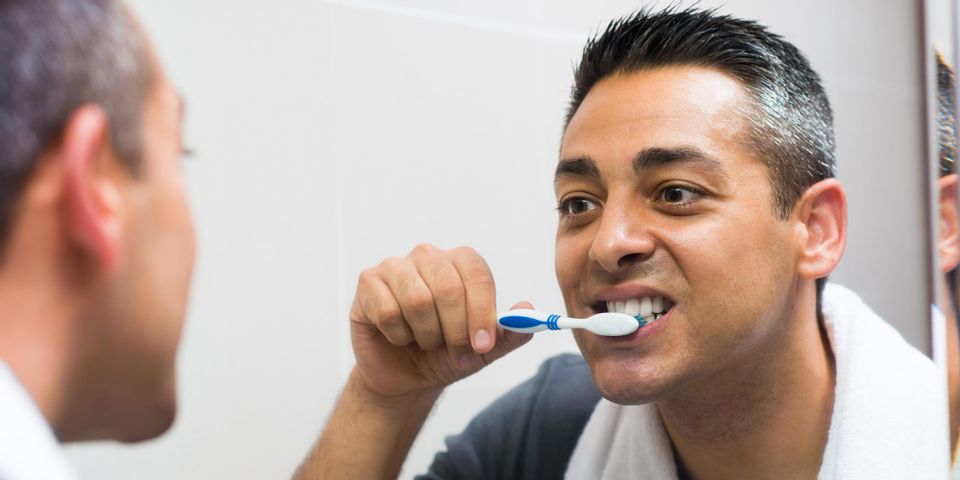Would You Know if You Had Gum Disease?

Gum disease is a common oral health condition that affects over 47% of adults over the age of 30. Unfortunately, it’s not always obvious to people that they’re suffering from a concern that requires the attention of a dentist. Recognizing the signs can prompt you to see your provider and potentially reduce the likelihood of experiencing more serious symptoms. Here’s what you need to know about it.
Symptoms of Gum Disease
Gum disease may present with minimal symptoms at first. Common indications of a potential problem include persistently foul breath, reddish gums that bleed when brushing and flossing, and tenderness. If the disease progresses without treatment from a dentist, it may cause gums to recede; as the tissue around your teeth declines, it leaves the root exposed, increases sensitivity, and puts you at risk of developing cavities and infection. Advanced disease can also lead to pocket formation between the teeth and gums and even tooth loss. If you wear dentures, you might notice that they don’t fit well anymore.
Causes of Gum Disease
 Some people are more at risk of developing gum disease. You should inform your dentist if you have diabetes or take regular prescription medications. Some may cause saliva production to decrease, in turn, leaving your mouth vulnerable to gum disease. Smokers are also particularly vulnerable; the habit naturally weakens the immune system, making it more difficult for your body to combat oral infection and damage. Moreover, once the problem develops, it can be difficult for the gums to heal properly. Neglecting your oral health can also be detrimental; poor brushing and flossing habits encourage plaque formation and lead to serious long-term problems with tooth decay and gum disease.
Some people are more at risk of developing gum disease. You should inform your dentist if you have diabetes or take regular prescription medications. Some may cause saliva production to decrease, in turn, leaving your mouth vulnerable to gum disease. Smokers are also particularly vulnerable; the habit naturally weakens the immune system, making it more difficult for your body to combat oral infection and damage. Moreover, once the problem develops, it can be difficult for the gums to heal properly. Neglecting your oral health can also be detrimental; poor brushing and flossing habits encourage plaque formation and lead to serious long-term problems with tooth decay and gum disease.
Treatments for Gum Disease
Your dentist will conduct a thorough examination to determine the severity of the condition. In the early stages, comprehensive cleaning, scaling, and root planning may be necessary to remove stubborn plaque and tartar that might otherwise pose a threat to the gums. While this non-surgical deep-cleaning method is effective, it may not be enough if the disease is more advanced. Your provider may recommend a tissue graft to resolve gum recession, for example, or a bone graft to replace damaged bone. Deep pockets between the tooth and gum may be resolved with flap surgery, which involves lifting back the gums and removing the tartar.
Whether you’re concerned about the possibility of periodontal disease or want to schedule a cleaning, you can trust in Gregory Sy, DDS & Associates in Lorain, OH. This dental team is committed to your oral health and well-being, and proudly offers many beneficial services, including dental crowns, bridges, and teeth whitening. Visit the website for a complete list of services, or call (440) 282-9550 to schedule an appointment.
About the Business
Have a question? Ask the experts!
Send your question

